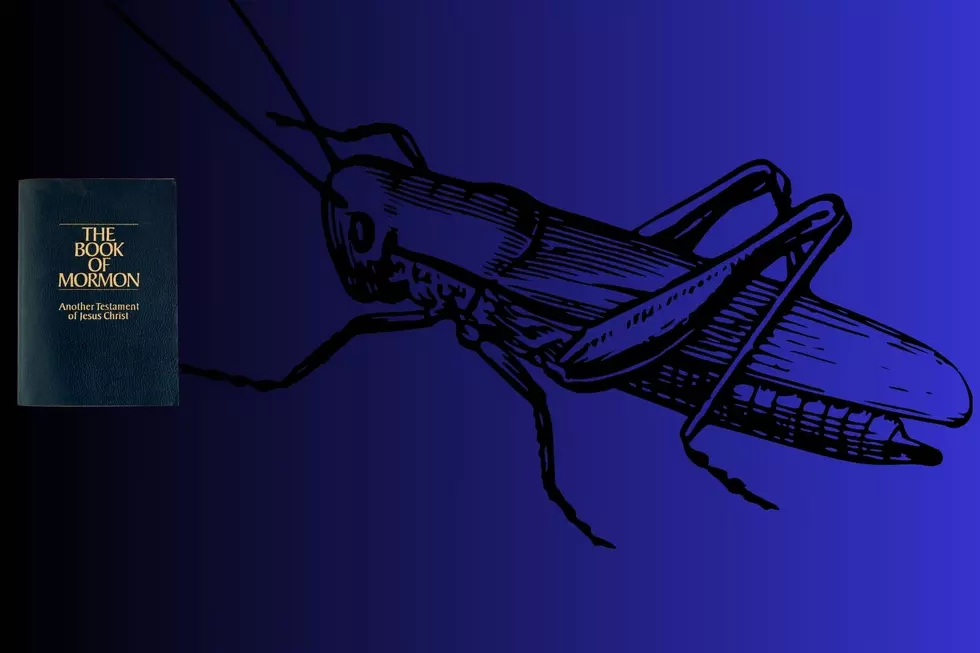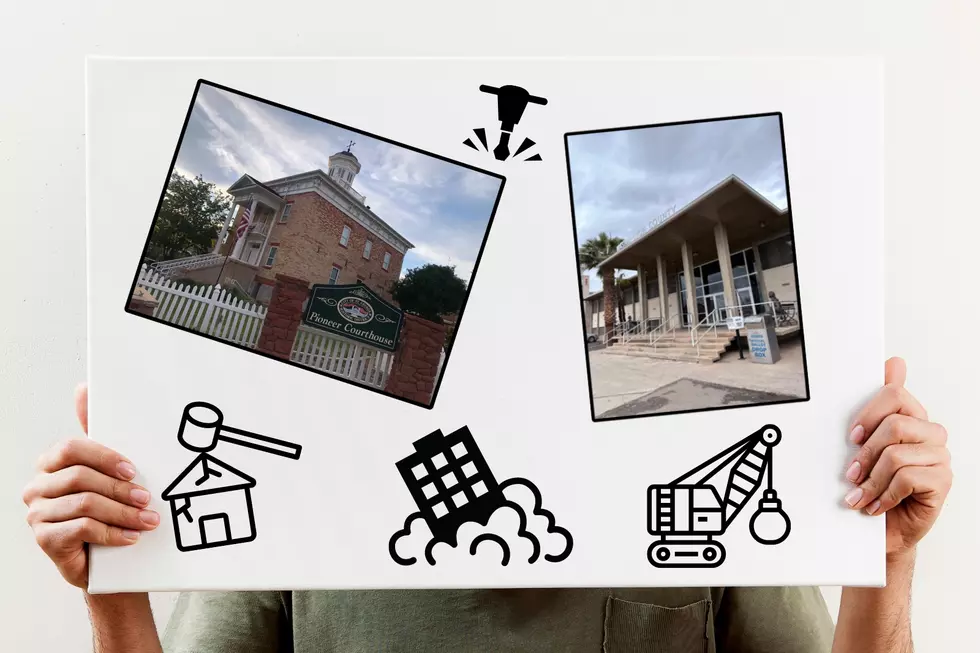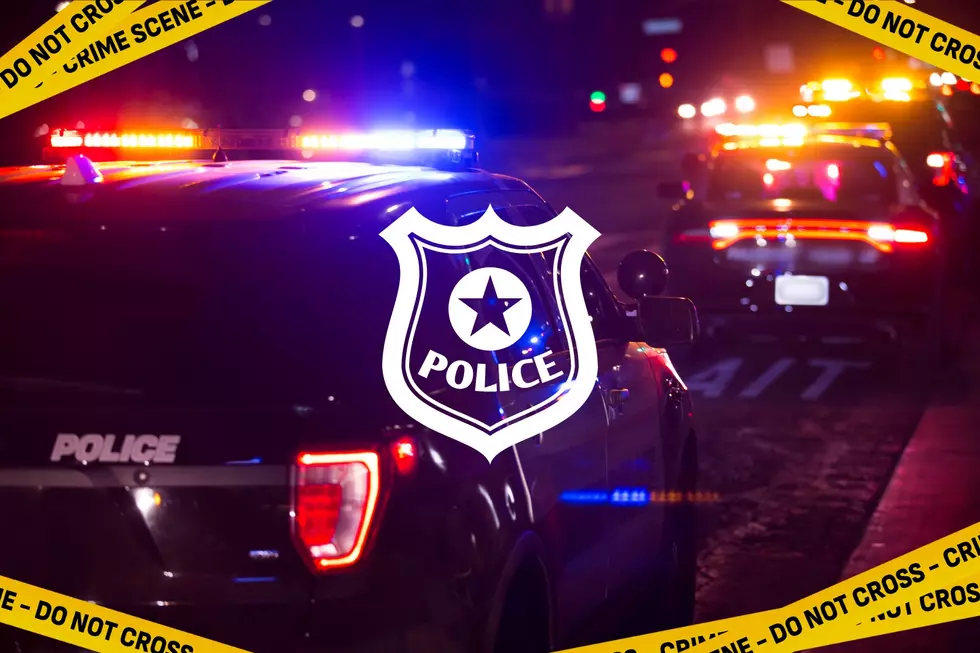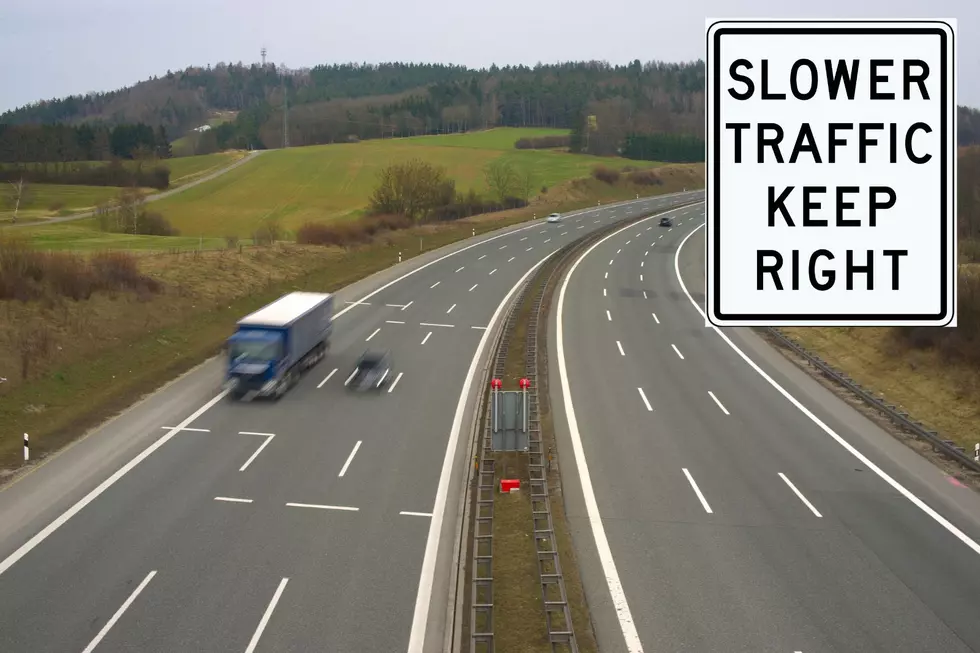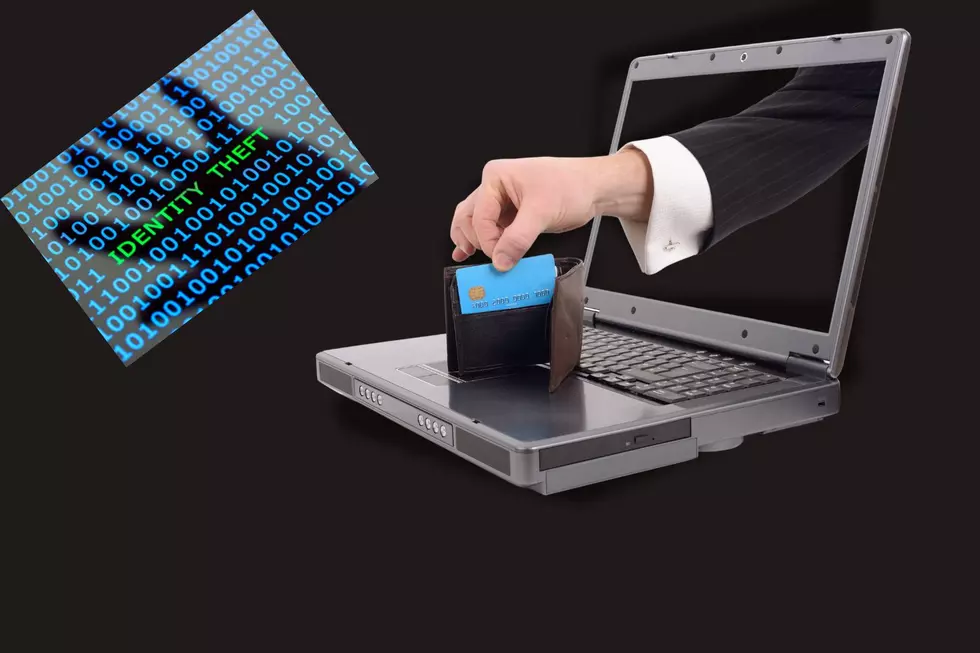
Sextortion: The Dark Side Of Online Communication And How To Prevent It
Sextortion crimes, usually against young males, is rising at an alarming rate, according to the FBI.
What is sextortion? The FBI defines it as: "A serious crime that occurs when someone threatens to distribute your private and sensitive material if you don’t provide them images of a sexual nature, sexual favors, or money. The perpetrator may also threaten to harm your friends or relatives by using information they have obtained from your electronic devices unless you comply with their demands."
It's shady. It's scary. And it's growing.
More from the FBI:
Sextortion can start on any site, app, messaging platform, or game where people meet and communicate. In some cases, the first contact from the criminal will be a threat. The person may claim to already have a revealing picture or video of a child that will be shared if the victim does not send more pictures. More often, however, this crime starts when young people believe they are communicating with someone their own age who is interested in a relationship or with someone who is offering something of value.
After the criminals have one or more videos or pictures, they threaten to publish that content, or they threaten violence, to get the victim to produce more images. The shame, fear, and confusion children feel when they are caught in this cycle often prevents them from asking for help or reporting the abuse. Caregivers and young people should understand how the crime occurs and openly discuss online safety.
The FBI says the perpetrators of this crime usually ask for money and the victims often believe that after the ransom is paid, the problem will go away. In fact, the opposite is usually true as the criminal is emboldened by the payoff and asks for more money.
Instead of trying to appease the sextortionists, the FBI recommends stopping the crime before it gets out of hand by calling 1-800-CALL-FBI or going to the website tips.fbi.gov.
For more information on this heinous crime, watch this video:
or go to this FBI website.

Experience Breathtaking Views Of Southern Utah With A Virtual Flight On Google Earth
If you ask the average person what superpower they would like, you might get replies like, "X-ray vision,'" or "Super speed," or even "Limitless strength."
But a large portion of people would definitely respond that it would be super cool to be able to fly.
The ability to get somewhere fast, without having to worry about traffic lights or roadways, would be amazing.
And the ability get to the top of a mountain or rescue your cat from the top of a tree would also be outstanding.
But the biggest thing might be the view.
Imagine the incredible vistas, the new perspectives, the chance to reevaluate how you look at the world.
While getting a wish for superpowers granted would be fun, it's highly unlikely that a genie is going to drop in at your house and ask what you want.
Spending a few minutes on Google Earth is about as close as we're going to be able to get.
That's what I did and it was fun to get a new perspective on some of the sites and locales that make us unique here in southern Utah.
While the photos are a few years old and we're still growing like crazy here in this area, I screen-capped a few of the hot spots to give you a new perspective.

Chick-fil-A Might Just Owe You Some Money
A recent lawsuit against Chick-fil-A has been settled, with the retail chicken restaurant agreeing to pay hundreds, perhaps thousands of customers for deceptive advertising.
The bad news: you have to have ordered from their delivery menu in the states of California, Florida, New York, New Jersey or Georgia.
But if you were in any of those states in 2019, 2020 or the first half of 2021, you may be entitled to a $29.25 gift card.
The claims must be made by Feb. 15 and the amount of money Chick-fil-A must pay is finite, meaning a high number of claimants may mean less money for each.
Apparently Chick-fil-A raised its prices on its delivery menu without informing the consumer, despite claims of "free delivery" or "low prices.
There is a page created for those wishing to make a claim against Chick-fil-A here.
According to the settlement page,
- Eligible Settlement Class Members who elect to receive a Cash Settlement Award will receive a cash payment up to $29.25.
- Eligible Settlement Class Members who elect to receive a Gift Card Settlement Award will receive a Chick-fil-A, Inc. e-gift card with a balance up to $29.25. Sales tax will be charged on orders redeemed with the Chick-fil-A, Inc. e-gift card.
Chick-fil-A is a fast-food chicken restaurant that was founded in 1946 by a gentleman named Truett Cathy. The restaurant, with two locations in St. George, is immensely popular, especially its chicken sandwich with breaded, fried chicken breasts.
The restaurant has been in the news lately for its refusal to stay open on Sundays.
The Chick-fil-A website defends the practice with this statement:
"Our founder, Truett Cathy, made the decision to close on Sundays in 1946 when he opened his first restaurant in Hapeville, Georgia. Having worked seven days a week in restaurants open 24 hours, Truett saw the importance of closing on Sundays so that he and his employees could set aside one day to rest, enjoy time with their families and loved ones or worship if they choose — a practice we uphold today."
Industry insiders say the restaurant loses out on perhaps $1-billion a year by being closed on Sundays.
Theft Issues Prompt Retailers In The US To Ditch Self-Checkout Machines
This hit the news wire today:
"Retails stores across the country are reversing course on self-checkout machines. Stores are saying they're a disaster for consumers and retailers alike, with the biggest problem being theft. Shoppers are reportedly 21 times more likely to sneak items past machines than human cashiers, and it's also easy for consumers to steal unintentionally. According to a survey from Lending Tree, one-in-five shoppers reported they've accidentally stolen items during self-checkout, and one-in-seven said they've stolen from self-checkout on purpose. Target, Walmart and Dollar General are all pulling back from efforts to introduce more self-checkouts."
We talked about this on KDXU.com a few months ago. Suffice it to say we are getting sick and tired of having to check ourselves out at stores.
And in this case, thieves are actually helping us (according to the above news item) as they are making stores not want to allow us to check out ourselves.
One excerpt from the website theatlantic.com, calls self checkout a failed experiment: "You know how this process actually goes by now: You still have to wait in line. The checkout kiosks bleat and flash when you fail to set a purchase down in the right spot. Scanning those items is sometimes a crapshoot—wave a barcode too vigorously in front of an uncooperative machine, and suddenly you’ve scanned it two or three times. Then you need to locate the usually lone employee charged with supervising all of the finicky kiosks, who will radiate exasperation at you while scanning her ID badge and tapping the kiosk’s touch screen from pure muscle memory. If you want to buy something that even might carry some kind of arbitrary purchase restriction—not just obvious things such as alcohol, but also products as seemingly innocuous as a generic antihistamine—well, maybe don’t do that."
The people are speaking out -- and it's loud and clear.
America doesn't like self checkout.
Protect Yourself: Power Outages And Safety Tips For The Utah Snowstorm
It looks like we've got a storm coming this weekend and while we'll likely just get rain in the St. George area, much of the rest of the Beehive State will be blanketed with snow.
And with a big snowstorm comes the real possibility of power outages.
According to officials with the US government, the top three causes of death related to cold weather are: 1. Exposure; 2. Home heating issues (fire or gas poisoning), and 3. Traffic accidents related to wintery roads.
In addressing the top killer in wintertime, many people are homebound and if they lose power, they may also lose heat. Here are some recommended strategies to avoid the problem:
- Keep freezers and refrigerators closed. Throw away any food that has been exposed to temperatures 40 degrees or higher for two hours or more, or that has an unusual odor, color or texture.
- If you use a generator, ONLY use it outdoors and away from windows.
- Do not use a gas stove or oven to heat your home.
- Disconnect appliances and electronics to avoid damage from electrical surges.
- Have alternate plans for refrigerating medicines or using power-dependent medical devices.
- Go to a community location with power if cold is extreme and you can’t heat your home.
The No. 2 issue, fire or gas poisoning, here are some tips:
- Keep anything that can burn at least three feet from all heat sources including fireplaces, wood stoves, radiators, portable heaters or candles.
- Always plug space heaters directly into an outlet, and make sure its cord isn’t damaged or frayed.
- Never use an oven to heat your home.
- Maintain heating equipment and chimneys by having them cleaned and inspected each year by a professional.
Issue No. 3 is traffic-related deaths in wintery driving conditions. These tips could help:
- Make sure your vehicle is in good working condition before you travel.
- Keep your gas tank as full as you can. A full tank will also keep the fuel line from freezing.
- Install good winter tires and make sure they have enough tread, or any chains or studs required in your local area.
- When driving, increase your following distance from 3-4 seconds to 5-6 seconds. It takes longer to slow down and stop on icy roads.
- Every vehicle should have an emergency supply kit in the trunk. Kits should be checked every six months and expired items should be replaced regularly.
- Keep family and emergency phone numbers, including your auto insurance provider and a towing company in your phone.
- Consider keeping a power bank for your phone in your car in case your car loses power.
- If stranded, run the engine for about 10 minutes per hour to run the heater and charge your cellphone. Open a window slightly to let fresh air in and avoid carbon monoxide (CO) poisoning.
Thanks again to ready.gov for many of these tips.

In Wintertime, A Quarter May Save Your Life
I love life hacks -- a strategy or technique adopted in order to manage one's time and daily activities in a more efficient way.
Some of my favorites include putting a wooden spoon across a boiling pan of water or other liquid so it doesn't boil over, using toothpaste to clean your sneakers (or restore your headlights), and using a cup of water in the microwave when reheating leftover pizza to keep it from getting soggy.
But here's a new one that actually could save your life -- or at least keep you from getting a huge stomachache.
Power outages happen occasionally, especially in the wintertime, and the biggest hit is not to our video game time, but rather the food we store in our freezer.
If the power goes out for a time, the food in your freezer may thaw out, creating a bonanza for bacterial growth. When the power goes back on, the food refreezes with all that bacteria present.
If you're away at work or otherwise, you may not know it even happened.
But here's a simple tip to help you root out that bacteria.
Freeze a cup of water and place it in your freezer. Place a coin on top of the ice.
Then, if the power goes out long enough for the water to melt, the coin will drop to the bottom of the cup. When you return home and find the coin at the bottom of the cup, you'll know the food in your freezer has probably been compromised and is not safe to eat.
It's a simple tip, but could definitely save you some stomach issues in the future.

More From KDXU 890 & 92.5




